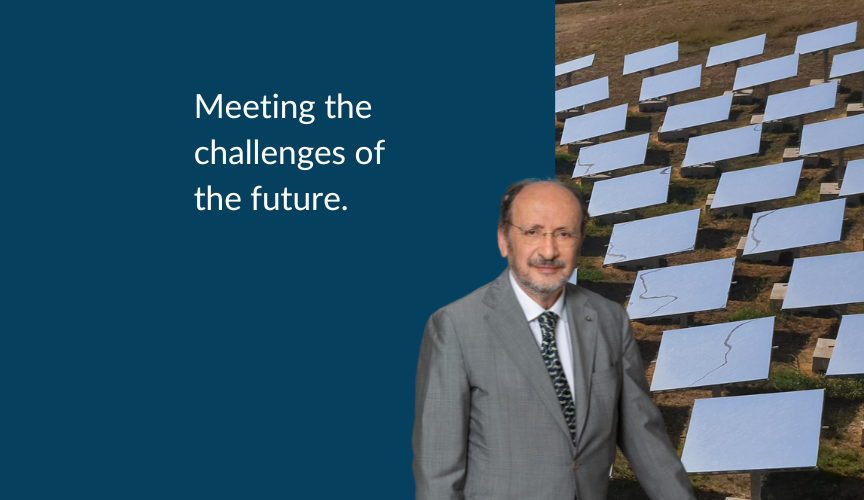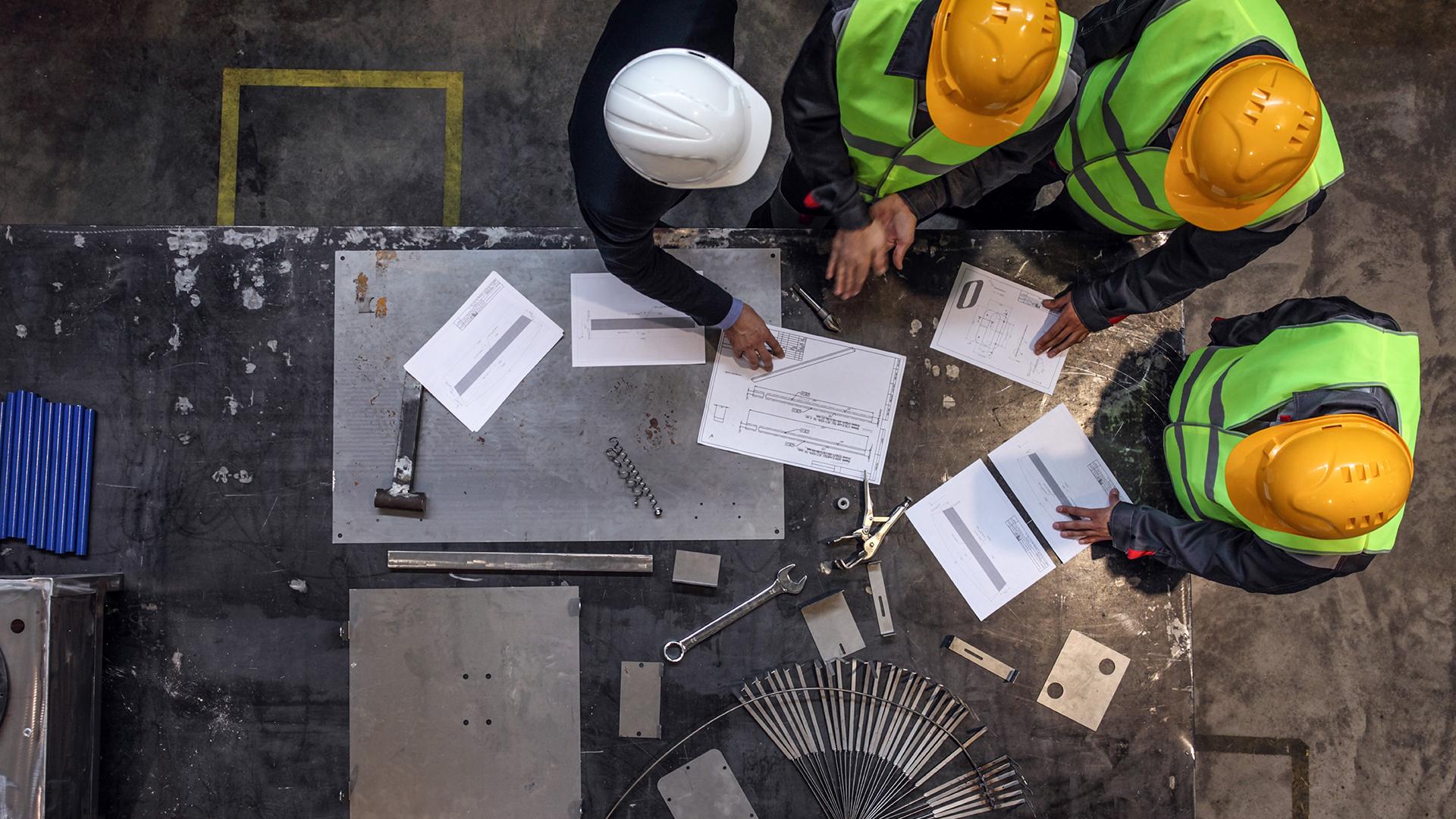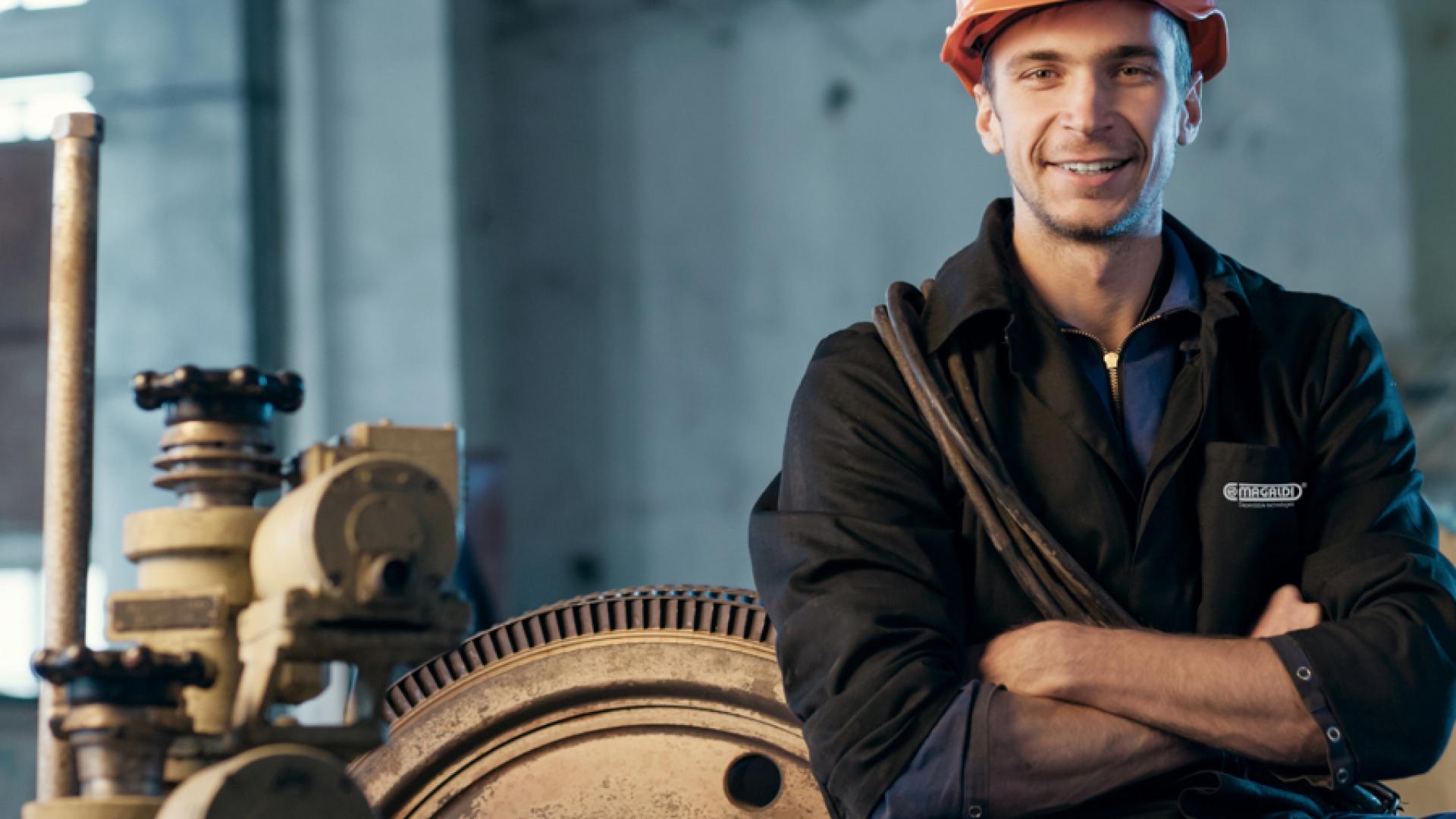
By Cavaliere del Lavoro Mario Magaldi, Chairman Magaldi Group
"Prediction is very difficult, especially if it's about the future” the famous physicist Niels Bohr used to say. Nevertheless, some considerations can be made about the direction of the ongoing energy and ecological transition scenarios.
First of all, it can be said that the energy transition represents an aspect of a wider cultural transition. The awareness of promoting a new regenerative and circular socio-economic model, which can replace the current extractive and linear model that corrodes natural resources, and consumes soil, water, and air without any hope of restoring the original environment, is becoming increasingly widespread.
Even more significant is the fact that alongside ethical and cultural sensitivity, the consciousness that the ecological transition is now also to be considered an economic urgency is becoming predominant. Protecting the environment was and still is an important issue in itself, but the novelty is that the idea that sees environment and resource regeneration closely intertwined with growth is spreading. The future of the environment is in many respects also the future of economies.
Another element that will undoubtedly characterize the next few years' scenarios has to do with the security in the sourcing of raw materials. The choice of the production system in favor of energy saving cannot be disconnected from the choice of greater independence from future market turbulence, also in view of the new sustainability reporting obligations that the EU and the ECB have imposed on economic and financial operators. As after the oil shocks of 1973 and 1980, companies are developing ambitious plans to change production technologies in favor of those with lower energy use and based on renewable sources.
The fight over the control of rare-earth elements is destined to mark the next decades. Their global demand is growing overwhelmingly: according to some estimates by the World Bank and the European Commission, it could increase sixfold by 2030 and sevenfold by 2050 (link). This is the framework within which to plan the interventions necessary for the development of policies aimed at decarbonizing the economy without affecting the stability of the economic and geopolitical system. And it is within this framework that our push to innovate, starting from materials that are not only environmentally friendly but also easily available, is inserted.
Magaldi Green Thermal Energy Storage (MGTES), for example, is a revolutionary battery made of sand. When heated up to 600 degrees, it retains excess energy generated by renewable sources for days or even weeks, with minimal losses. Later, when the sun and wind are not available, the battery releases energy in the form of steam or hot air.
This patented innovation is groundbreaking, not only due to the centrality of energy storage systems in the decarbonization supply chain but also because it uses easily available materials - a critical factor in today's historical moment.
MGTES represents a significant departure from conventional energy storage methods and draws on over 40 years of experience in handling materials at very high temperatures, such as bottom ash discharged from boilers that burn fossil fuels. The MAP® (Magaldi Ash Postcombustion) system installed at the Isalnita Power Station in Romania is an excellent example of our expertise in high-temperature applications.

